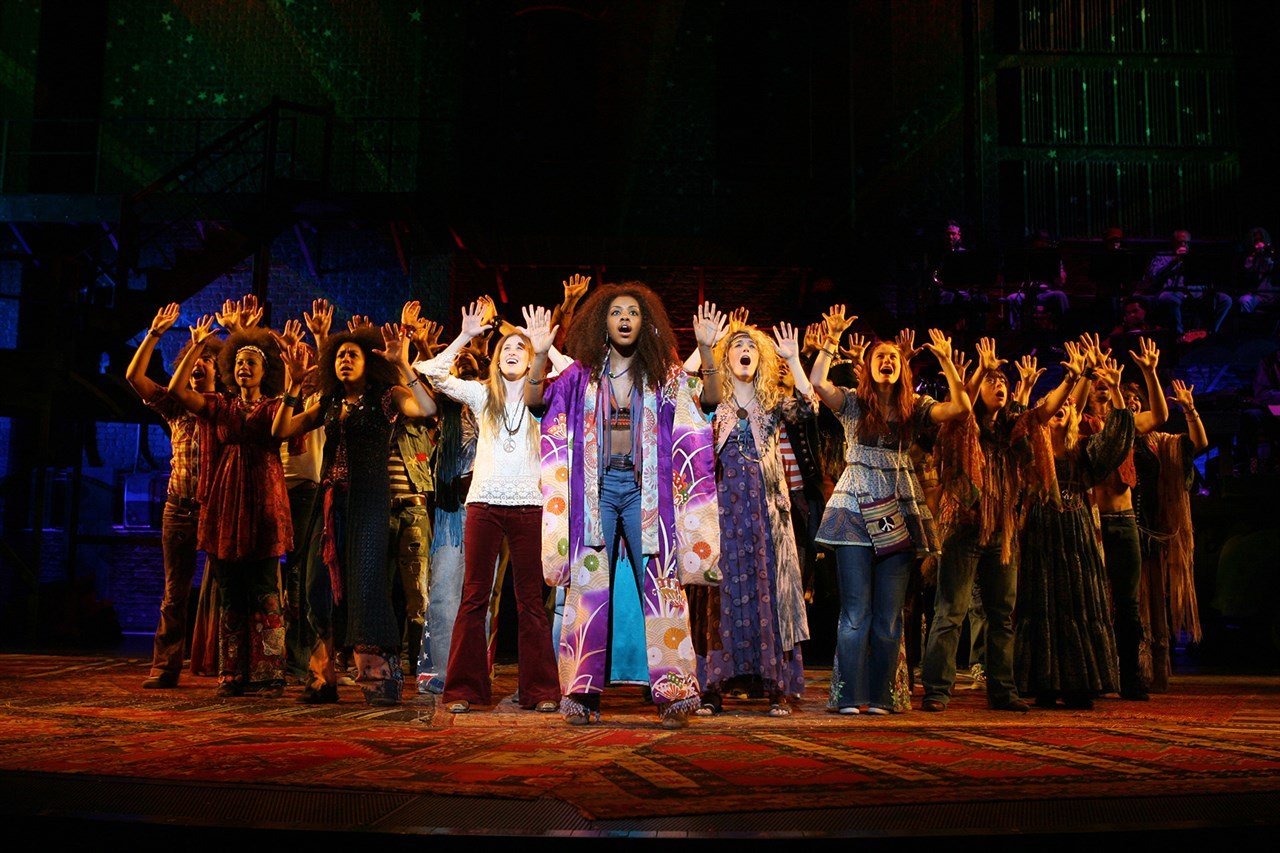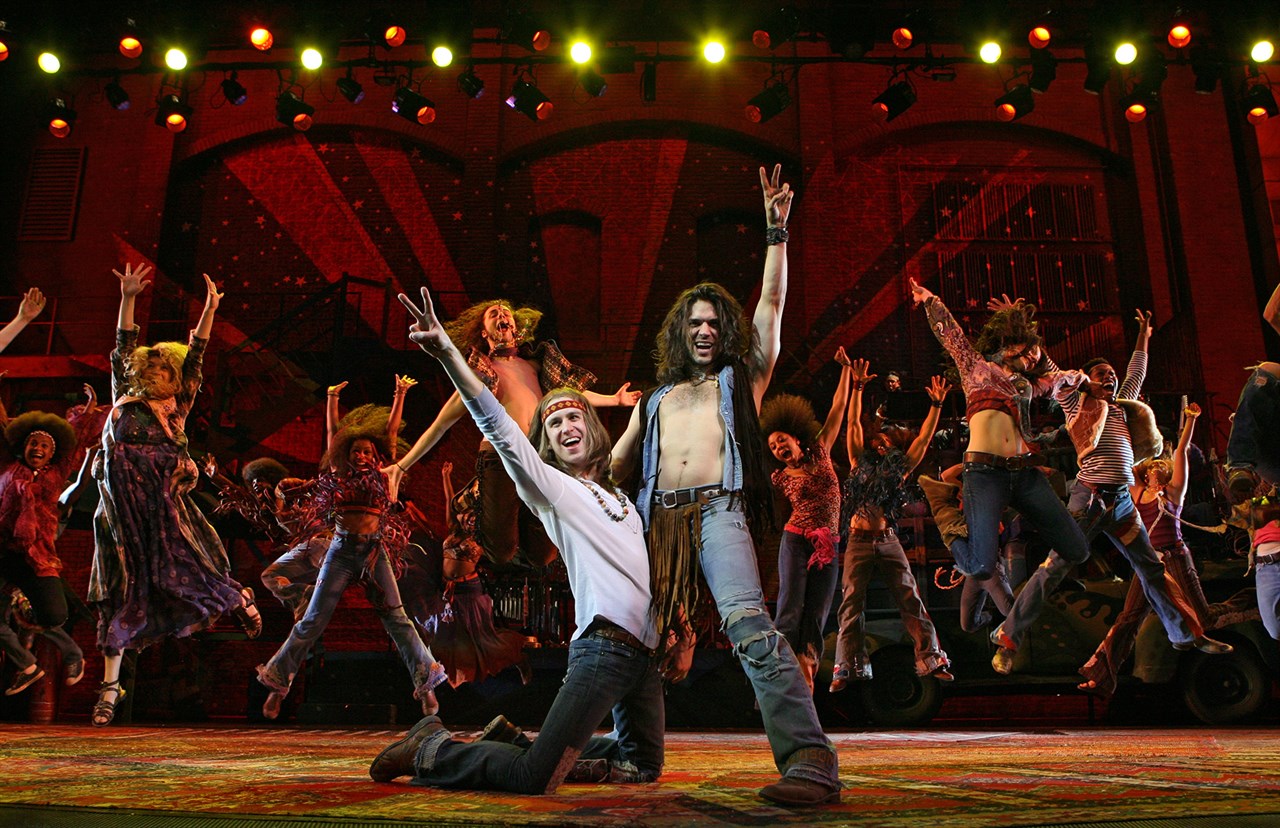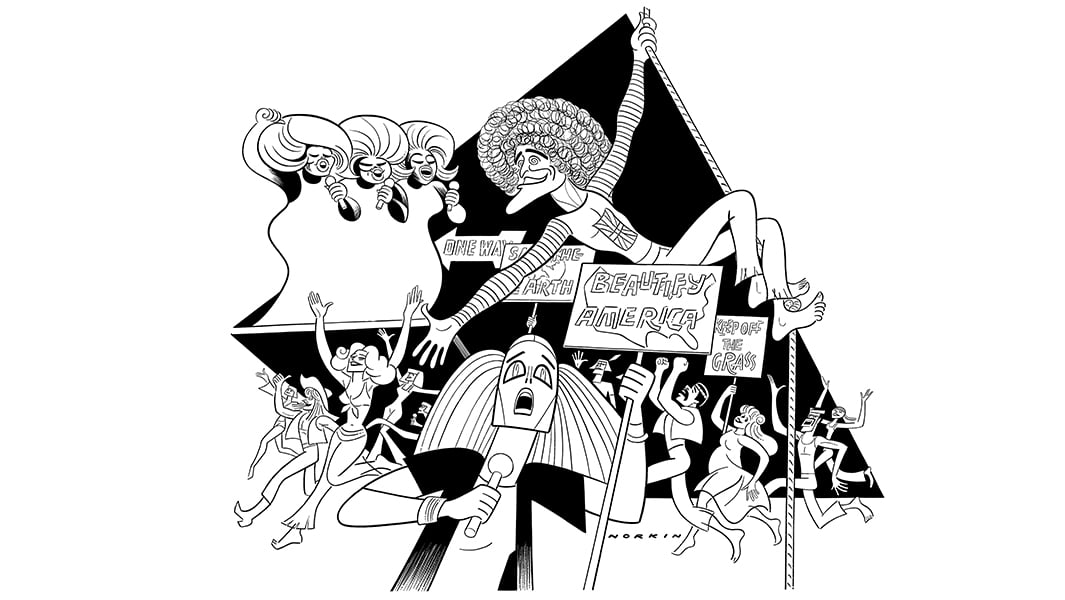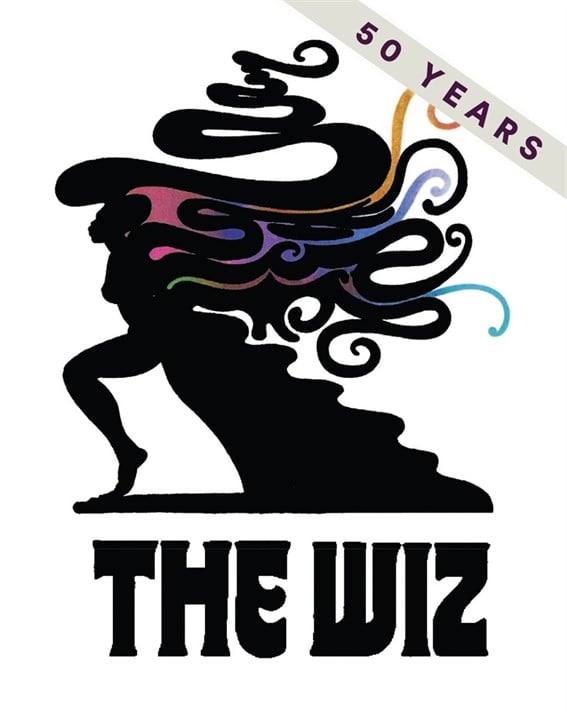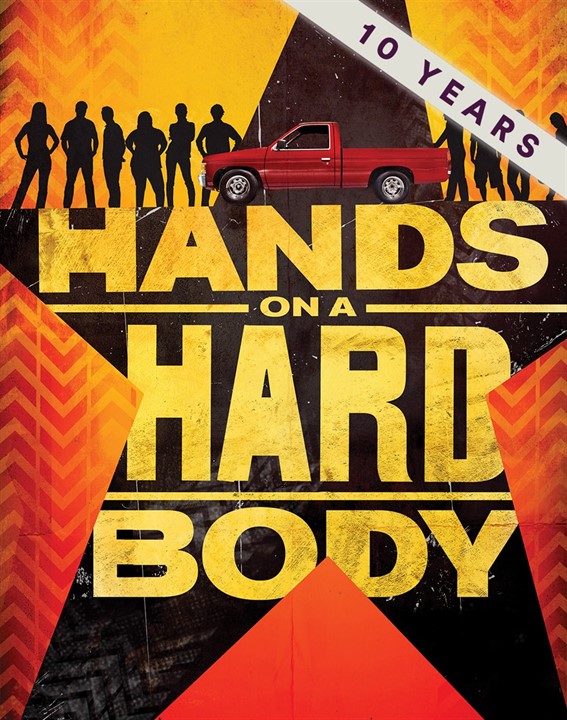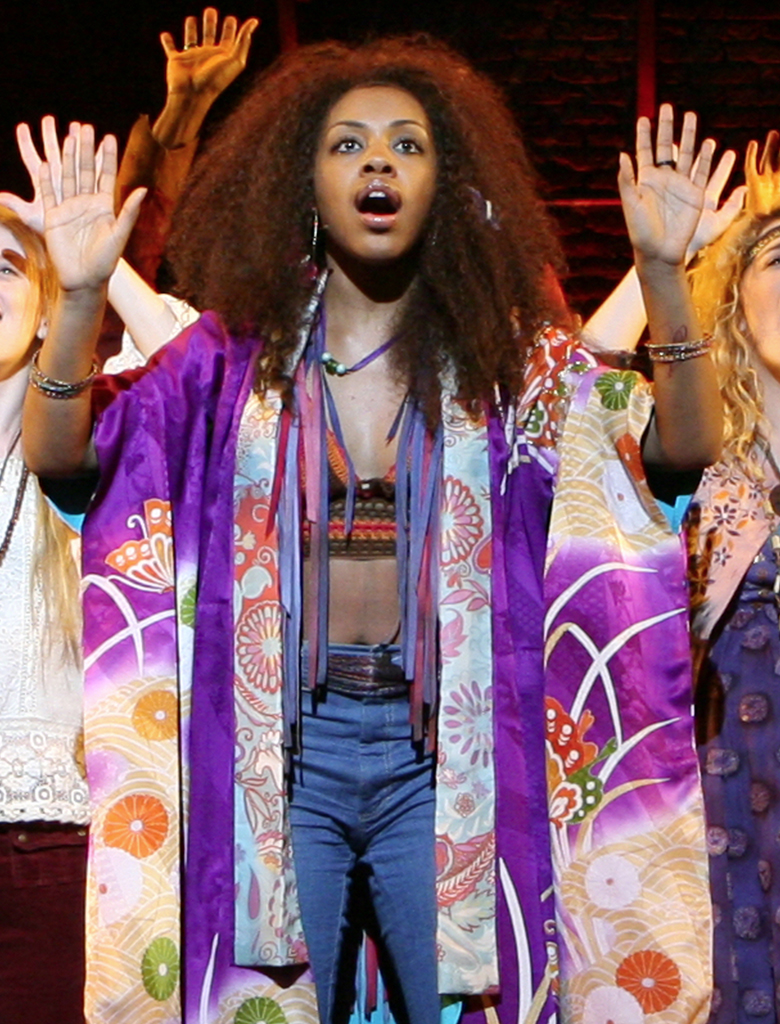
A TAMS-WITMARK TITLE
HAIR
Full-Length Musical, Dramatic Comedy / 4w, 5m plus ensemble
The American Tribal Love-Rock Musical
Book and Lyrics by Gerome Ragni & James Rado
Music by Galt MacDermot
Produced for the Broadway stage by Michael Butler
Originally Produced by the New York Shakespeare Festival Theatre
Image: 2009 Broadway Production (Joan Marcus)
-
Cast Size
4w, 5m plus ensemble -
Duration
More than 120 minutes (2 hours) -
Subgenre
Period -
Target Audience
Adult
Accolades
- Winner! 1968 Drama Desk Award for Outstanding Music
Winner! 1969 Grammy Award for Best Score from an Original Cast Show Album
Nominee: Two 1969 Tony Awards, including Best Musical
Winner! 2009 Tony Award for Best Revival of a Musical
Winner! 2009 Drama Desk Award for Outstanding Revival of a Musical

Details
Summary
History
HAIR debuted off-Broadway at Joseph Papp's Public Theater on 17 October 1967. The show was an instant sensation, moving to a second venue and playing 144 performances. On 29 April 1968, HAIR opened on Broadway at the Biltmore Theatre, starring James Rado, Gerome Ragni, Lynn Kellogg and Melba Moore. Breaking all theatre conventions, the show made national headlines and played for 1,750 performances. The show returned to Broadway in 1977 and in 2009, starring Gavin Creel, Will Swenson, Caissie Levy and Sasha Allen.
For more about the genesis of the show, read James Rado's essay, “The Origin of HAIR.”
Cast Attributes
Keywords
- Time Period 1960s
- Setting New York City. 1968.
- Features Period Costumes
- Additional Features Local Celebrity Cameo
- Duration More than 120 minutes (2 hours)
- Cautions
- Drugs
- Strong Language
- Mild Adult Themes
- Nudity/Partial Nudity
Media
“A smile-inducing celebration of life and freedom.” – Joe Dziemianowicz, The Daily News
“After 50 years, HAIR has lost none of its racy style, credibility or rebellious energy. It’s a joyously vigorous, trippy and effusive festival of rock which sets out to agitate and invigorate... HAIR is bigger than ever.” – Samuel Payne, Entertainment Focus
“It is so likable. So new, so fresh, and so unassuming...the frankest show in town... the show is the first Broadway musical in some time to have the authentic voice of today rather than the day before yesterday.” – Clive Barnes, The New York Times
“Though much has changed between 1968 and 2018, HAIR continues to be relevant. Many of the cultural divides that began to express themselves in 1968 seem to still exist today...Perhaps this is why HAIR has continued to be produced so frequently.” – Peter Libbey, The New York Times
“HAIR is more than just a musical: it is a social and cultural phenomenon, a jubilant assertion of life and freedom and a cry of protest...a vibrant, joyous piece of living theatre.” – Michael Billington, The Guardian
ON BREAKING CHARACTER
The Origin of HAIR
by Co-Creator James Rado
Videos
HAIR – 2009 Broadway Highlights
HAIR – 1969 Tony Awards
HAIR – 2009 Broadway
HAIR – BB Promotion 2020
Photos

Image: 2009 Broadway Production (Joan Marcus)

Image: 2009 Broadway Production (Joan Marcus)

Image: Sam Norkin
Music
Music Samples
- Musical Style Pop/Rock
- Dance Requirements Moderate
- Vocal DemandsModerate
- Orchestra Size Small/Combo
- Chorus Size Large
Licensing & Materials
- Licensing fees and rental materials quoted upon application.




